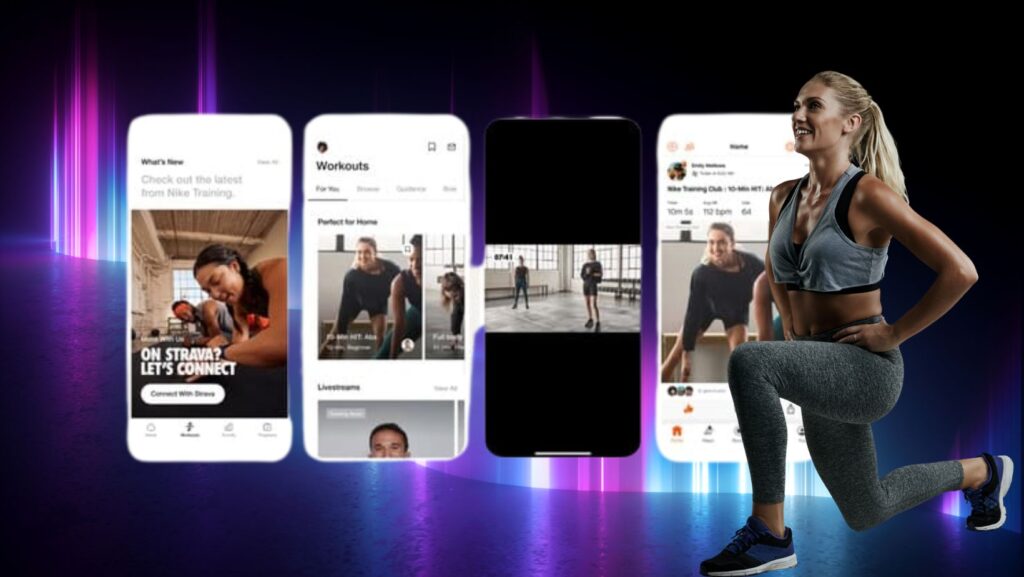In the ever-evolving world of fitness and technology, a recent study has highlighted a powerful truth: digital health tools are not just convenient add-ons but can be game-changers in driving healthier lifestyles.
For those in the fitness industry and tech enthusiasts alike, this is more than just promising news; it’s a call to embrace the potential of data-driven fitness.
The study, involving a massive pool of over 200,000 participants, revealed significant improvements in various health behaviors linked to using apps and online platforms: more steps taken, increased exercise frequency, improved dietary choices, and even better sleep quality. It’s a testament to how technology can seamlessly integrate into our lives, nudging us towards positive change.
Beyond the Numbers: Why Data Matters
What makes these digital tools so impactful is their ability to capture, analyze, and present data in meaningful ways. Imagine having a virtual coach that tracks your every step, calorie, and minute of sleep, offering insights that were once reserved for elite athletes. This democratization of data empowers individuals to take control of their health journeys like never before.
Fitness apps empower users to:
- Performance Monitoring: Real-time tracking of workouts, heart rate, and other metrics provides instant feedback, enabling users to optimize their efforts.
- Personalized Insights: Data analysis reveals patterns and trends, allowing for tailored recommendations that go beyond generic advice.
- Goal Setting and Progress Tracking: Clear visualization of progress towards fitness goals keeps motivation high and fosters a sense of accomplishment.
- Community Building: Many apps create a sense of belonging and support, where users can share achievements, challenges, and tips.

The Tech Behind the Transformation
The efficacy of fitness apps is rooted in cutting-edge technology:
- Sensors and Wearables: Heart rate monitors, GPS trackers, and other wearables gather precise data, painting a comprehensive picture of physical activity.
- Machine Learning and AI: Sophisticated algorithms analyze this data, identifying patterns, predicting outcomes, and offering personalized guidance.
- Gamification: Elements of game design, like rewards and challenges, make the fitness journey more engaging and fun.
Empowering Individuals, Enhancing Lives
While the study’s findings are impressive, it’s the real-world impact that truly excites. Fitness apps are not just about reaching fitness goals; they’re about creating sustainable, healthy habits that enhance overall well-being. From the weekend warrior to the seasoned athlete, anyone can benefit from the insights and motivation these digital tools provide.
As technology continues to advance, we can expect even more innovative and effective fitness apps in the future. It’s a thrilling time to be part of the fitness industry, where data and technology are empowering individuals to become the best versions of themselves.


